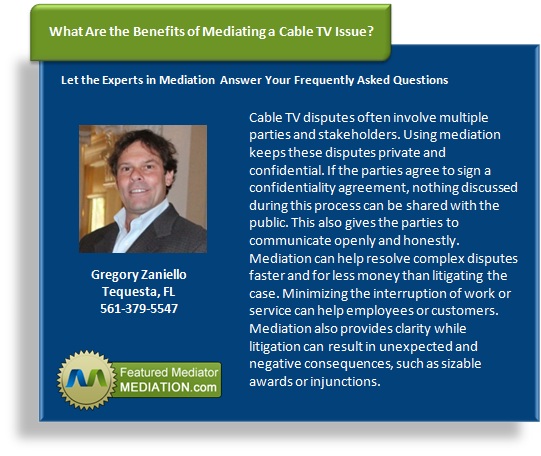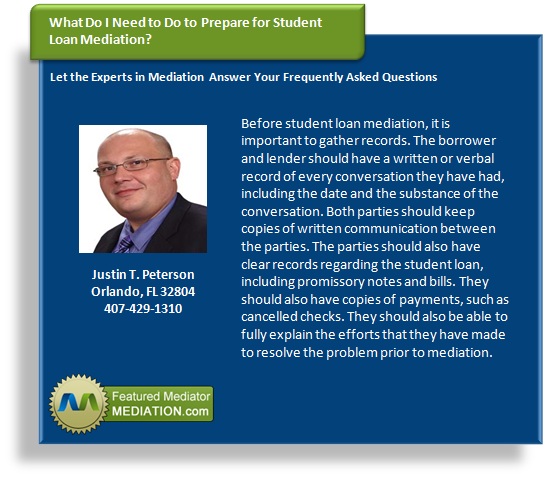Divorce Tax Rule Changes Under Trump Have People Rushing To Split Up Before The New Year – The end of one year and the beginning of another can bring a lot of changes, but for married couples who are splitting up, 2019 stands to come with new financial obligations. A survey released last week by the American Institute of CPAs shows that, because of divorce tax rule changes under Trump that will take effect in January, divorcing couples are rushing to complete their legal separations.
Before you retire, pay off that debt – How you manage debt could have a big impact in how your retirement dreams play out.
9 Housing and Mortgage Trends to Watch for in 2019 – It’s going to be a challenging year for home buyers in 2019: They will continue to compete for a short supply of homes. Home prices and mortgage rates are likely to keep moving upward, bruising affordability.






 As more industries realize the benefits of mediation, this litigation alternative is becoming increasingly popular and utilized in more sectors, including in cable TV disputes. This method employs a third-party neutral to help the parties identify their interests and negotiate an amicable agreement so that costly litigation can be avoided.
As more industries realize the benefits of mediation, this litigation alternative is becoming increasingly popular and utilized in more sectors, including in cable TV disputes. This method employs a third-party neutral to help the parties identify their interests and negotiate an amicable agreement so that costly litigation can be avoided. Nearly any type of civil dispute can be mediated, including bad faith insurance claims. While it may seem counterintuitive to believe that an insurance company accused of acting in bad faith will negotiate in mediation in good faith, mediation of these cases often brings about an amicable solution of this claim, as well as the underlying insurance claim.
Nearly any type of civil dispute can be mediated, including bad faith insurance claims. While it may seem counterintuitive to believe that an insurance company accused of acting in bad faith will negotiate in mediation in good faith, mediation of these cases often brings about an amicable solution of this claim, as well as the underlying insurance claim. With more people living longer, many older workers are in the workplace well past typical retirement age. However, many older workers find it difficult to find work and may think that they are victims of age discrimination if they are terminated from their work position. When a worker or applicant alleges age discrimination, the situation may be able to be resolved through mediation.
With more people living longer, many older workers are in the workplace well past typical retirement age. However, many older workers find it difficult to find work and may think that they are victims of age discrimination if they are terminated from their work position. When a worker or applicant alleges age discrimination, the situation may be able to be resolved through mediation. Many recipients of student loans face daunting debt and may experience difficulty paying on their student loans. To handle disputes between borrowers and lenders, many student loan programs have implemented ombudsmen programs. These ombudsmen help to mediate disputes between the parties and potentially negotiate a solution. The mediator does not have the authority to change a payment plan or enforce a resolution on the parties. Instead, he or she tries to get the parties to reach an agreement on their own terms.
Many recipients of student loans face daunting debt and may experience difficulty paying on their student loans. To handle disputes between borrowers and lenders, many student loan programs have implemented ombudsmen programs. These ombudsmen help to mediate disputes between the parties and potentially negotiate a solution. The mediator does not have the authority to change a payment plan or enforce a resolution on the parties. Instead, he or she tries to get the parties to reach an agreement on their own terms.